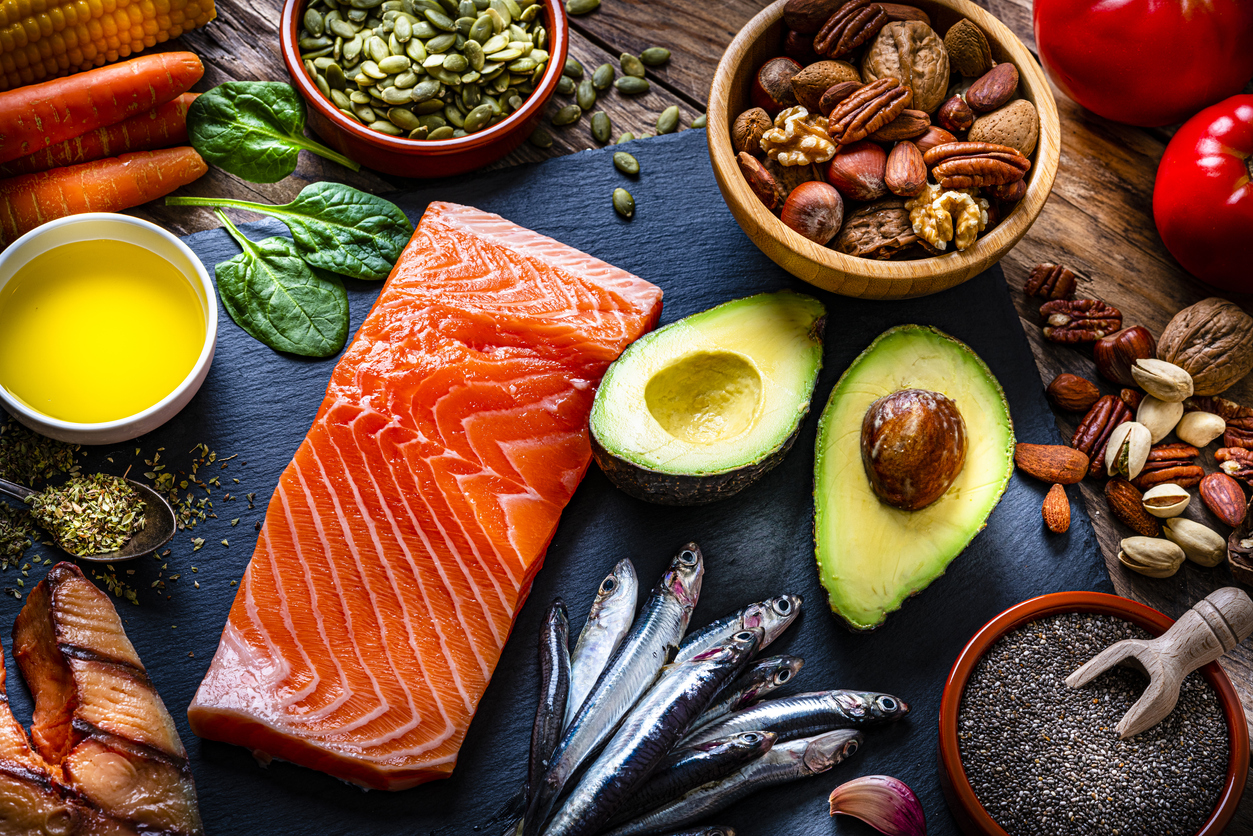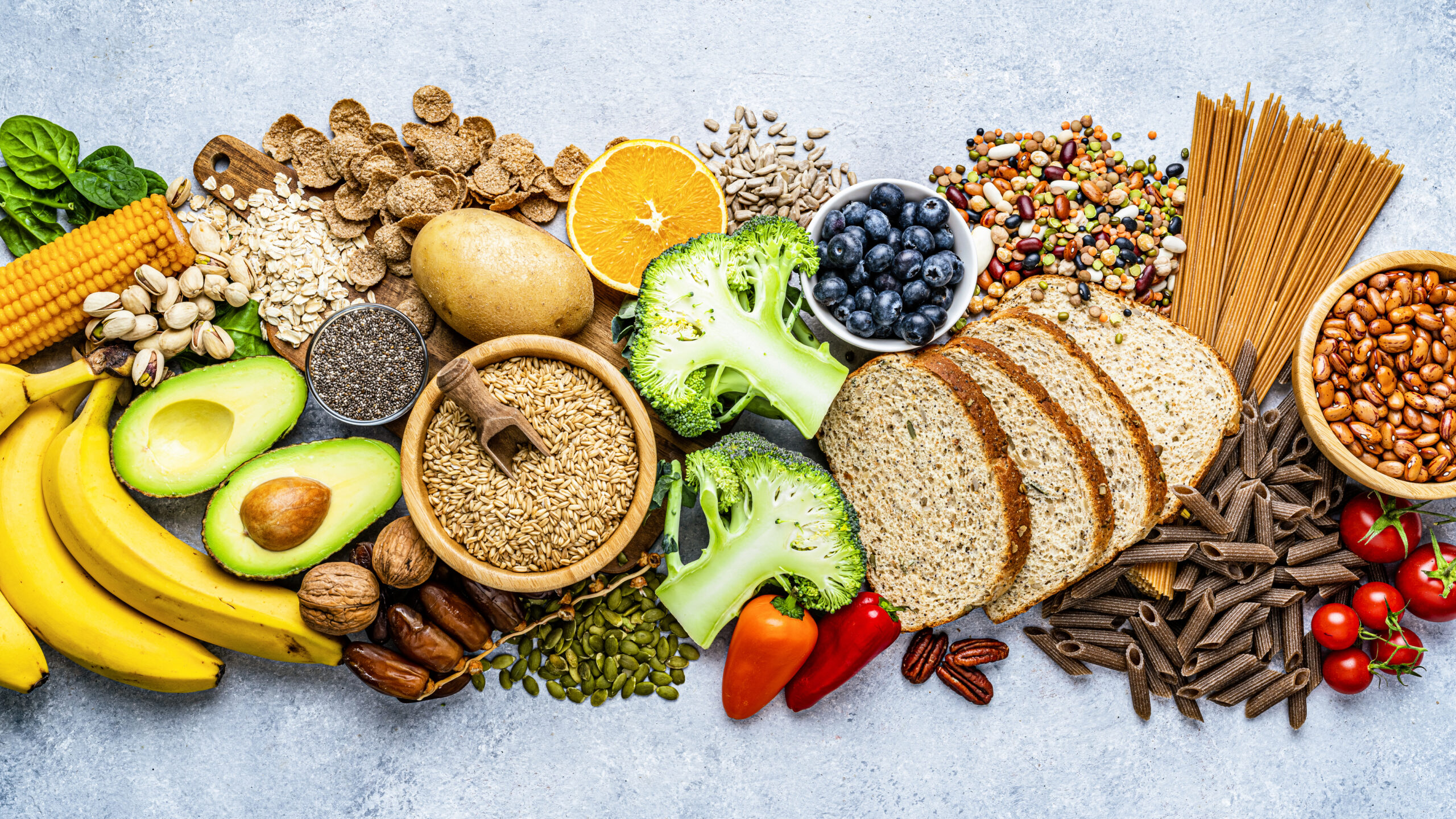The decision to switch to healthy eating is a challenging one for most people, and it takes plenty of learning to figure out which seasonal foods are best for your particular needs. Once you have it all settled, you might think you’re all done, but the simple truth is, choosing healthy ingredients is half the battle. The other half is learning how to prepare them properly – because what good is it to choose healthy foods if you regularly destroy all the nutrients in the cooking process?
To help you master the art of food preparation, we’ve once again relied on functional medicine’s tendency to take a holistic approach. Let’s dive right in and see what kind of steps you can take in your own kitchen to prepare your food while preserving its most valuable nutrients!
Get the right tools for the job
The preparation options might be the first that come to mind when you think of nutrient preservation and detoxification, but the cookware and other tools you use can also make a difference. For starters, choose pots and pans without chemical-laden coatings such as Teflon that leak toxic ingredients into your food, which can disrupt your hormonal balance and overall health.
- Stainless steel, copper, cast iron, non-toxic ceramic-lined, and oven-safe glass are some of the finest picks you can use.
- Ditch plastic in your tools such as cutting boards, knives, and other utensils. Go for bamboo, wood, silicone, and stainless steel.
- The dishes in which you serve your food should also be made of similar materials that won’t leak any toxins into your foods. Stick to glass, wood, ceramic, porcelain, silicone, and stainless steel.
Steaming over cooking
If you’re used to cooking, it may take you some time to change this habit and get a taste for steamed foods, but it will be worth your while. Steaming is one of the least invasive ways to prepare your meals, since it helps your veggies retain all the wonderful nutrients, especially those that would be lost when submerged in too much water.
Grilling is another healthy option that limits the use of oil and fat, while sautéing is good for bringing out the flavor of certain veggies while at the same time using a bit of healthy oils such as olive oil.
Prep your body for nutrient absorption
What you do outside the kitchen can help prep your microbiome for maximum nutrient absorption, as well. In doing so, you’ll help your body benefit from all the delicious and nutrient-dense meals you prepare, since your gut plays a vital role in nutrient absorption.
You can help your digestion by adding Betaine HCl to your diet if your medical practitioner approves, so that you can boost protein digestion, as well as the absorption of vitamins and minerals like calcium, iron, and vitamin B12.
Chop big, don’t peel, and eat raw
Dicing and mincing might be great for the visual aspect of a dish, but they often lead to your food losing more of its micronutrients in that process. Chopping your veggies into larger pieces will help you avoid excessive vitamin and mineral loss. Plus, if you can avoid peeling, even better, since you’ll retain even more fiber and the micronutrients found in the fruits and veggies you consume.
Finally, eating raw veggies and fruits can often help you retain most of their nutritional value. Some specific veggies do benefit from thermal processing! For instance, research has shown that the absorption of beta-carotene in carrots is 6.5 higher when they are stir-fried, not raw. In the same way, the lycopene (antioxidant) content in tomatoes was 80% higher when they were sauteed with olive oil than without the oil.
The less water, the better
Now that you know that steaming is one of the gentlest, most effective ways to prepare food without destroying its nutrients, you should also know that the amount of water plays a role in your cooking. The more water you add to your veggies, the more water-soluble vitamins will be lost in the cooking process.
If you do need to add water when you’re preparing your food, add less instead of more. If you’re preparing a soup, in that case you will consume the water anyway, so you have one less thing to worry about. Still, the longer you cook your food, the more nutrients will be dissolved, so short cooking times and less water often mean more nutrient-dense meals.
It’s often about what we don’t do that will make all the difference in making our meals more nutritious and delicious at the same time. While this might be a straightforward process for many, people still find it difficult to devise their own nutrition plans, determine their supplement needs, and prepare their food optimally. That’s why we always encourage you to book a consultation with our functional medicine experts, and find the most effective way to refine your lifestyle and nutrition.






